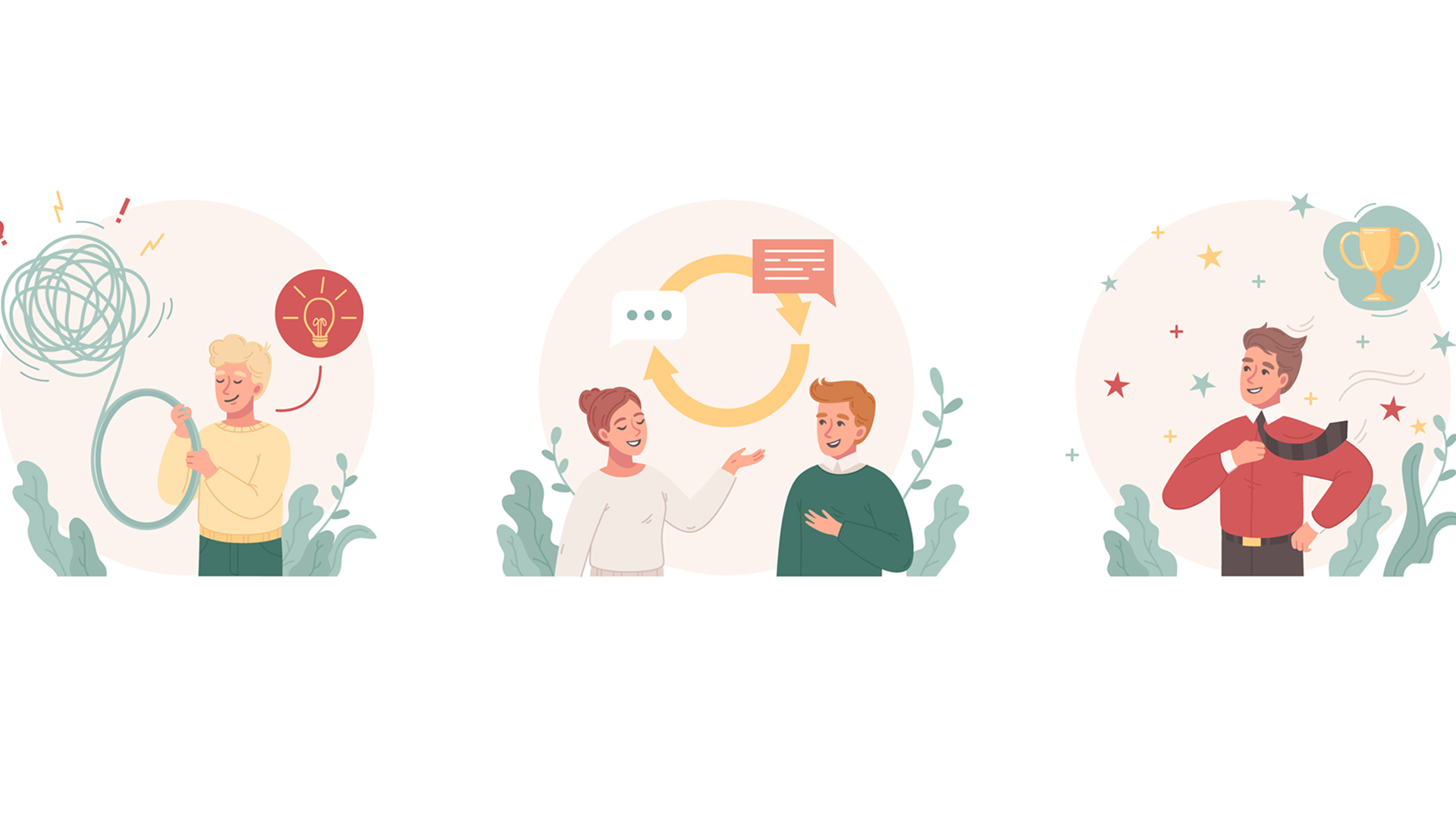Do We Actually Foster Intrapersonal Skills?
The application of new approaches with the goal of improving one’s services and quality of work is a common practice observed in any professional sphere. English Language Teaching is no exception. If we were to count the innovations rendered in our field, one would be baffled by the plethora of techniques available. It is therefore logical for an educator to miss out on practices that would facilitate the delivery of a lesson in a more efficient manner. Transversal competencies have been deemed a requisite in all educational structures including that of our respected discipline. Critical thinking, problem-solving, communication, creativity, are but a few of the desired skills employers deem necessary in today’s competitive workforce. However, one element which is overshadowed most often than not, is that of Intrapersonal development.
Text by: Katherine Reilly
Intrapersonal skills encompass the most vital of aspects responsible for the harmonious application of the aforementioned transversal competencies. To be more precise, acknowledging one’s personal goals, thoughts and emotions is considered the basis of any endeavor. Both learners and educators have the capacity to hone this skillset through self-awareness. Questions lurking in the back of our heads as regards our own personal identity, the role we play in society, the responsibilities endowed upon us, as well as our unique desires and aspirations. Most students today, lack this direction and blindly follow what is dictated to them thus, falling short in classroom, unable or unmotivated to comply or live up to the most basic of tasks. The false presumption is often made by the educator that the student lacks the potential or ability to comprehend the lesson and is eventually sidelined.
As a teacher trainer with over two decades of educational experience, I can wholeheartedly attest to the fact that any transversal competency applied in the learning environment will not produce the desired result if the student has not reached inner balance. We educators focus heavily on the delivery of our lessons and the implementation of new practices, failing to acknowledge the simplest but most essential notions that come to mind; the mental state of our students.
What are our students’ limits? Do they easily get upset? Can they control their emotions or eventually learn to do so? Intrapersonal skills can and should be sharpened. ELT conferences always include training sessions based on psychological evaluation of our audience. Implementing discrete, albeit crucial support to our students which is of the utmost of importance. The role of an educator has evolved to that of a parent. Showing compassion, patience and offering them more opportunities to shine in class will assist them in recognizing their feelings, thusly motivating them to better handle them.
When referring to intrapersonal skills, an essential aspect is that of aspiration. As educators, can we cultivate a mindset which could foster expectations? It most certainly falls upon our shoulders to make our students acknowledge their potential and boost their self-esteem. This also entails the burden of realizing one’s limitations. Recognizing the extent of our abilities must be seen in a positive light. It can contribute to seeking alternatives, even inspire critical judgment. Personal limitations can act as a catalyst in improving other capabilities and potential which would otherwise go unnoticed. A student who might struggle with one productive skill such as writing, could actually excel at another, for example, speaking. It must be made perfectly clear to the student that everyone has the capacity to shine in a specific field. If not, the learner will be left distraught and unmotivated.
When properly nurtured, the students’ capacity for self-evolution will then kick into gear. Persistence to achieve will in turn discipline their characters. When disciplined, the potential to succeed is multiplied tenfold, as the learner will become more organized, allocating personal time more efficiently and in turn, recalibrating their perception to a whole new world of ideas. As the saying goes, we are the ones to open the door. It’s up to them to walk through it. If we simply slam it in their faces, they will be deprived of the catalyst to evolve.
Viewing a student as indolent is an abrasive approach which should be abolished. Instead, focus on enhancing their resilience when confronted with overwhelming challenges. Students should learn not to capitulate to their emotions or the ubiquitous challenges they will constantly be subjected to, rather face them head on with a clear mindset of trial and error, subsuming variations in problem solving techniques. They must realize that each individual has the capacity to overcome all obstacles, although the approach might differ drastically.
